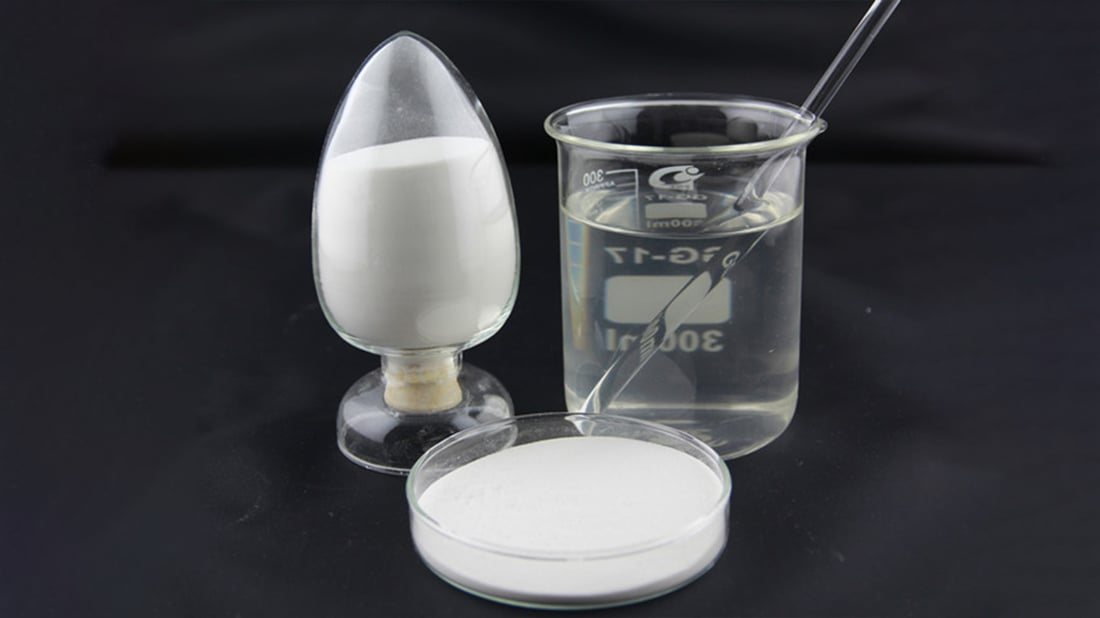Understanding Sodium Carboxymethyl Cellulose (CMC)
Sodium Carboxymethyl Cellulose (CMC) is a versatile and widely used chemical compound that is derived from cellulose, a natural polymer found in plant cell walls. CMC is known for its unique properties, making it a valuable ingredient in a variety of industries. In this article, we will explore the different aspects and applications of Sodium Carboxymethyl Cellulose (CMC).
The Chemistry behind Sodium Carboxymethyl Cellulose (CMC)
Sodium Carboxymethyl Cellulose (CMC) is created through a chemical modification process called carboxymethylation. This process involves the reaction of cellulose with monochloroacetic acid, followed by neutralization with sodium hydroxide. The resulting compound, CMC, has a high degree of purity and a uniform molecular weight distribution.
Thickening and Stabilizing Properties of Sodium Carboxymethyl Cellulose (CMC)
One of the most significant properties of Sodium Carboxymethyl Cellulose (CMC) is its ability to thicken and stabilize solutions. Due to its high molecular weight and water-soluble nature, CMC forms a gel-like structure when dissolved in water. This property makes it an ideal choice for thickening various products, such as food items, cosmetics, and pharmaceuticals.
Applications of Sodium Carboxymethyl Cellulose (CMC) in the Food Industry
Sodium Carboxymethyl Cellulose (CMC) plays a crucial role in the food industry, where it is used as a thickening agent, emulsifier, and stabilizer. CMC is commonly found in various food products, including ice cream, salad dressings, sauces, and bakery items. It helps improve the texture, stability, and mouthfeel of these products, ensuring a consistent and enjoyable consumer experience.
Sodium Carboxymethyl Cellulose (CMC) in Pharmaceuticals and Personal Care Products
The pharmaceutical and personal care industries also benefit from the use of Sodium Carboxymethyl Cellulose (CMC). In the pharmaceutical sector, CMC is used as a binder, disintegrant, and viscosity modifier in tablets, capsules, and suspensions. In personal care products, CMC is commonly found in toothpaste, shampoo, and lotions, where it acts as a thickening agent and enhances the product's stability.
Sodium Carboxymethyl Cellulose (CMC) in the Oil and Gas Industry
In the oil and gas industry, Sodium Carboxymethyl Cellulose (CMC) is utilized as a drilling fluid additive. CMC helps control the viscosity and rheology of drilling fluids, ensuring efficient drilling operations. It also acts as a filtration control agent, preventing the loss of drilling fluids into the formation and maintaining wellbore stability.
Sodium Carboxymethyl Cellulose (CMC) in Paper and Textile Industries
The paper and textile industries also rely on Sodium Carboxymethyl Cellulose (CMC) for various purposes. In the paper industry, CMC is used as a coating agent to improve the printability and gloss of paper. It also acts as a retention aid, enhancing the retention of fillers and fibers during the papermaking process. In the textile industry, CMC is used as a sizing agent to provide strength and flexibility to yarns and fabrics.
Advantages of Sodium Carboxymethyl Cellulose (CMC) in Detergents and Cleaners
Sodium Carboxymethyl Cellulose (CMC) is widely used in detergents and cleaners due to its excellent water-holding capacity and thickening properties. It helps stabilize the detergent formulation and prevent the settling of insoluble ingredients. CMC also enhances the cleaning efficiency by ensuring the even distribution of active ingredients and reducing the rate of soil redeposition.
Sodium Carboxymethyl Cellulose (CMC) in the Construction Industry
The construction industry utilizes Sodium Carboxymethyl Cellulose (CMC) in various applications. CMC is used as a thickening agent in cement-based mortars and plasters, improving their workability and adhesion properties. It also acts as a water retention agent, reducing water loss and enhancing the curing process. Additionally, CMC is used in ceramic tile adhesives to improve their rheological properties and adhesion strength.
The Environmental Impact of Sodium Carboxymethyl Cellulose (CMC)
Sodium Carboxymethyl Cellulose (CMC) is considered to be environmentally friendly. It is derived from renewable resources and is biodegradable, making it a sustainable choice for various industries. CMC also has low toxicity, further contributing to its positive environmental profile.
Conclusion
Sodium Carboxymethyl Cellulose (CMC) is a versatile compound that finds applications in numerous industries. Its unique properties, such as thickening, stabilizing, and water-holding capabilities, make it an indispensable ingredient in a wide range of products. From food and pharmaceuticals to oil and gas, CMC plays a vital role in enhancing product performance and ensuring consumer satisfaction.

